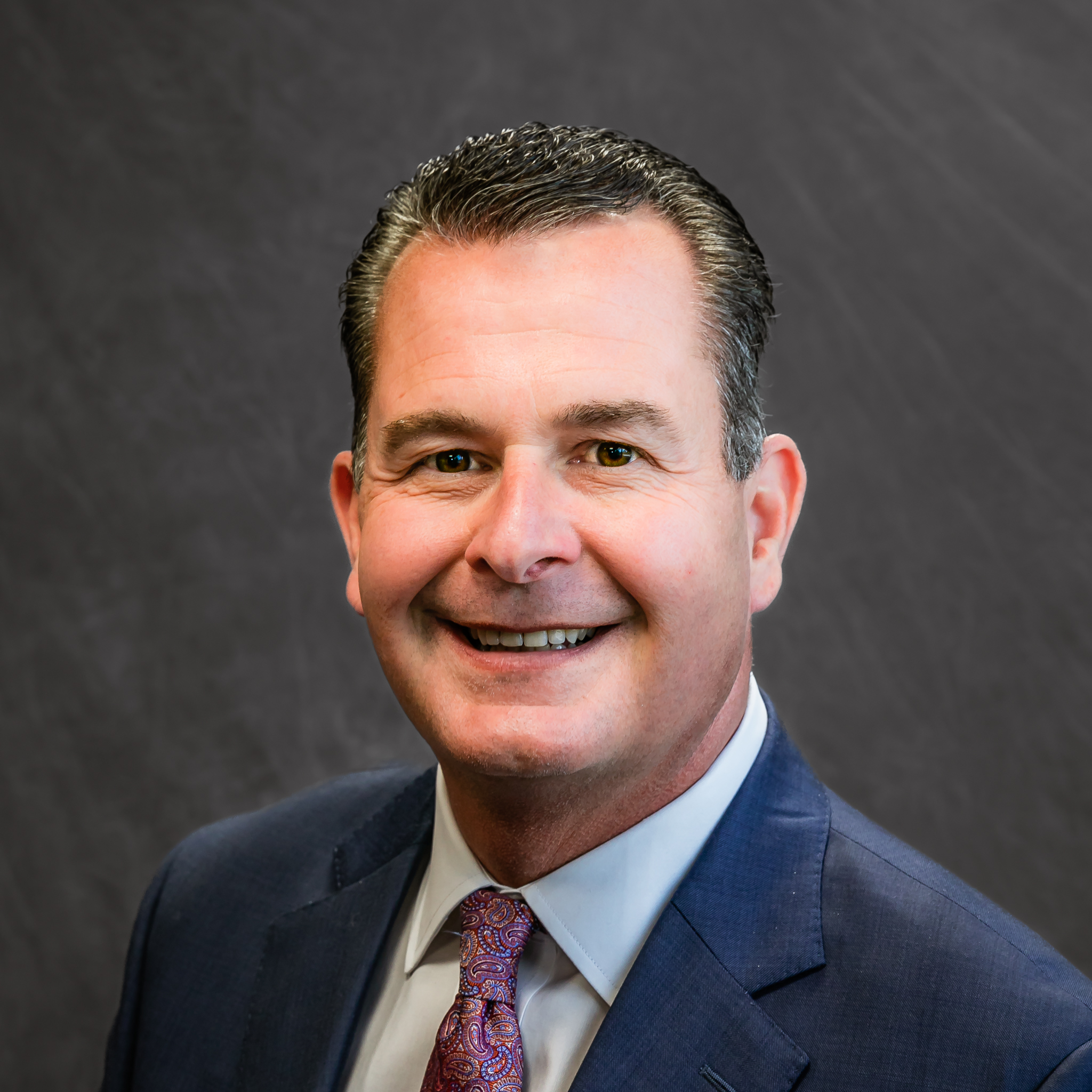Doctors are taught a simple rule early in their training: When you hear hoofbeats, think horses, not zebras. In other words, the most common explanation is usually the right one. But for the roughly 300 million people worldwide living with a rare disease, that rule can turn into a trap. Their symptoms often look like something ordinary – until years later, when someone finally realizes it was a zebra all along.
The problem isn’t the doctors; it’s the data. Every symptom, lab result, scan, or
Read More
Health IT & Digital Health-Opinion | Op-Eds | Guest Columns | Analysis, Insights - HIT Consultant
The $32B Leak: Why Digitizing the OR is the Only Path to Financial and Workforce Resilience
In recent months, headlines on both sides of the Atlantic have told the same story. U.S. hospitals are cutting back surgical schedules because they simply don’t have enough staff, while NHS figures show more than seven million people still waiting for treatment in England. A regrettably high number of procedures are cancelled on the day because the workforce is stretched too thin.
For patients, the consequences are deeply personal - longer waits, worsening conditions, and avoidable
Read More
The Proprietary Trap: Why ‘Open Data’ is the Key to Scaling Your Dental Practice in 2026
Care coordination in the dental industry barely exists.
While the medical industry has made progress toward interoperability with several recent initiatives, dentistry continues to lag behind its healthcare counterparts in supporting the principles of “open data,” which allow information to be freely accessed, used, and shared across platforms without restrictive barriers.
Improved data-sharing offers significant benefits for both patients and providers.
Dental
Read More
The Quiet Cybersecurity Crisis in Outpatient and Post-Acute Care
News headlines tend to focus on big events. Notable examples are the attacks on Change Health and Ascension in 2024. Effects from these events continue to pop up in new cycles. However, the cybersecurity incident at the 30-bed skilled nursing facility or the ransomware attack at the 15-provider urology practice down the street that brought care to a complete halt will not be on the 5 o’clock news anywhere.
Security events like these have the same significant, long-term
Read More
Redesigning Mental Health for a Digital Era
As healthcare systems confront rising demand for mental health services, digital therapy has emerged as one of the most scalable — and contentious — solutions. Virtual platforms promise to reduce barriers, streamline operations, and expand access. But leaders across health systems and behavioral health networks are beginning to ask more complex questions: What are the clinical limits of online care? Where are the gaps in regulation, infrastructure, and oversight? And how can digital therapy be
Read More
Why 90% of Healthcare AI Projects Fail Without AI-Driven Endpoint Management
Over the last two decades, the rapid surge in mobile and IoT-enabled devices has revolutionized patient care, but also created significant hurdles in managing, securing, and optimizing these devices to support seamless and secure clinician workflows. Healthcare CIOs face the daunting task of balancing accessibility, productivity, and security. In fact, a recent survey reveals that 83% of healthcare leaders are planning to invest in AI within the next three years, but fewer than 10% are investing
Read More
How Agentic AI is Reclaiming 40% of Pharmacovigilance Capacity
Pharmaceutical companies are tasked with managing vast volumes of patient data, product information and safety reports. Yet, much of this valuable intelligence remains buried in transcripts, call recordings or unstructured documents. Regulators depend on this information to understand the full story of a drug when identifying potential risks and evaluating the safety and efficacy of treatments.
Modern pharmacovigilance demands more than compliance checklists. Today’s pharmacovigilance
Read More
Setting the Bar: How Global Standards Protect Chiropractic Patients and the Profession
When you walk into a chiropractic physician’s office, you expect safe, competent care — whether you’re in Denver or Dubai. The problem is that in many countries outside the U.S., “chiropractic” can refer to practitioners with widely varying levels of education and training. Without consistent standards and testing, the gains we’ve made in public safety and professional credibility are at risk.
Organizations like the National Board of Chiropractic Examiners (NBCE) play an important role in
Read More
Why Centralized Pharmacy is the Only Cure for Rising Drug Costs in 2026
We’ve all been there: one weekend, you’re bitten by the home improvement bug. A few clicks later, your online cart is full of tools, and within minutes of checkout you can track your order from warehouse to doorstep.
As the above scenario illustrates, supply chain visibility has become an expected feature of the consumer experience. Yet for one of the most critical sectors — healthcare pharmacy — inventory transparency lags. Across the country, many health systems still struggle to know
Read More
How AI Automation in Wearables is Transforming Healthcare Systems
Wearable devices are transforming healthcare through continuous monitoring, early detection, and personalized management of chronic diseases. These innovations are reinventing how health concerns are tracked and treated, with the goal of improving diagnostics, outcomes, and accessibility. However, they also introduce new technical challenges to overcome.
Factors like increasing health consciousness, aging populations, and advances in sensor technology and connectivity are
Read More










